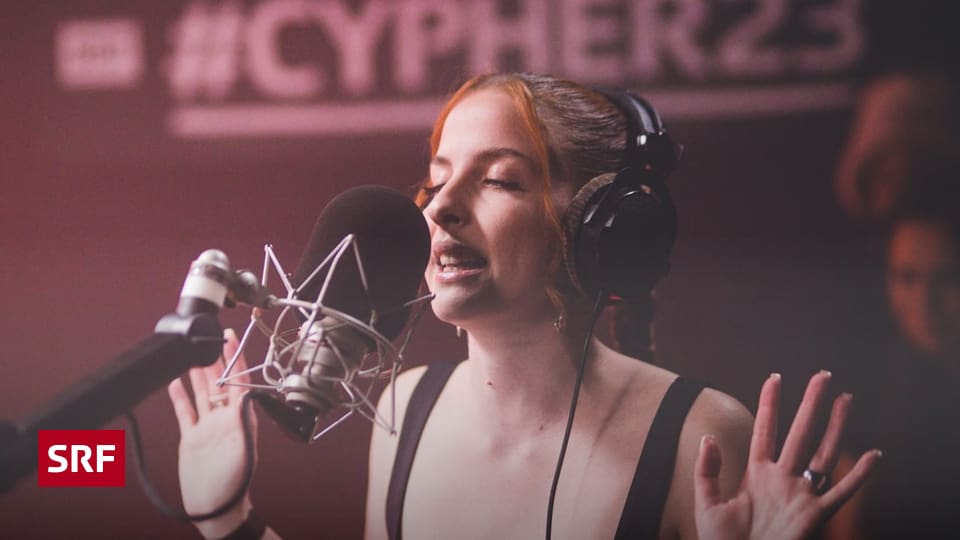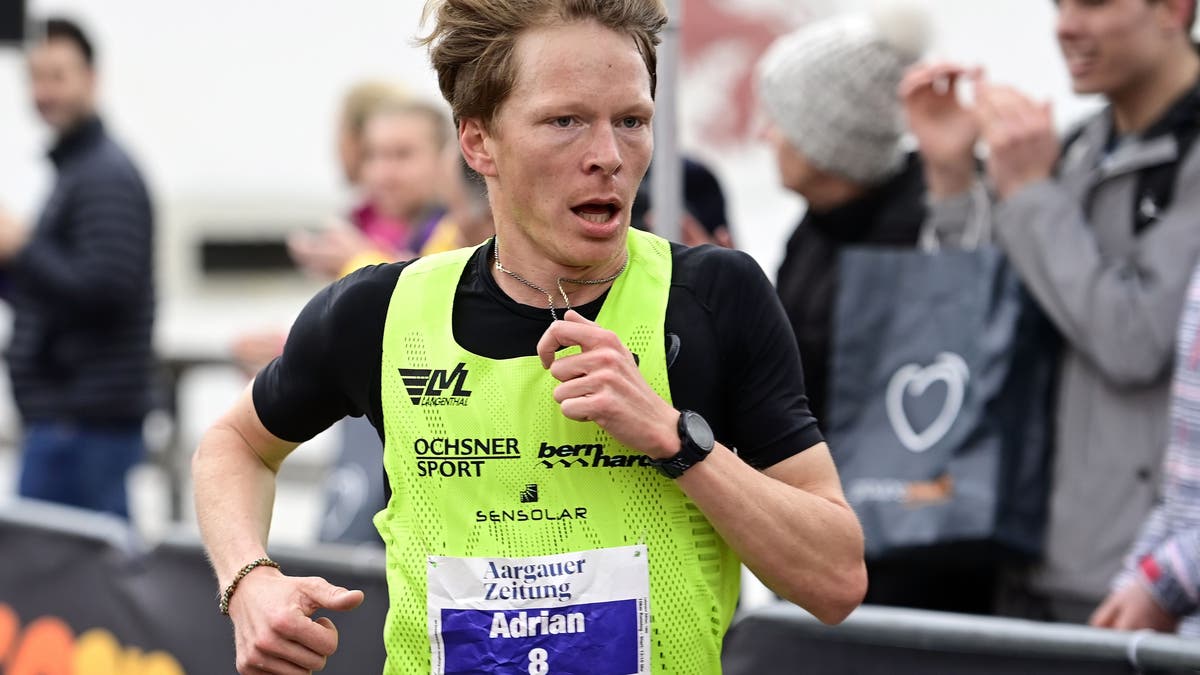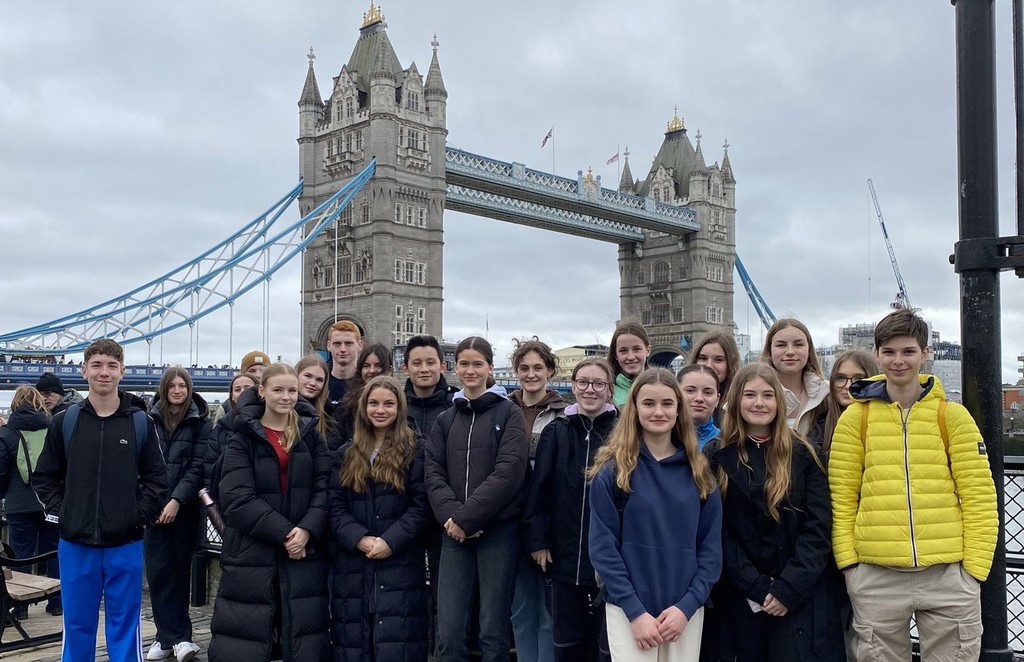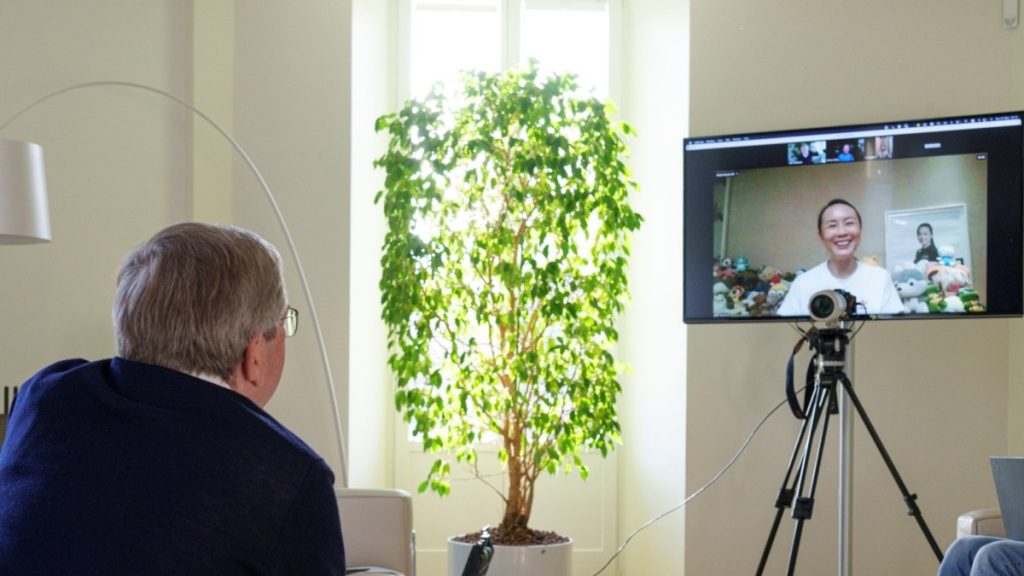Shortly before the strife-ridden Beijing Winter Games, Thomas Bach didn’t go out of his way — even in the case of tennis player Peng Shuai. In the midst of debates over a US diplomatic boycott of the Olympics over China’s human rights abuses, the IOC chief wants to stick to the gentler course toward the Games host, despite all the criticism. “From our point of view, silent diplomacy is a promising path that we will continue to follow,” the IOC president said in an interview with DPA.
Global concern for the well-being of tennis player Peng Shuai, who has accused a top Chinese politician of sexual assault and has since been apparently silenced by the Chinese summit, recently caused the International Olympic Committee to struggle. Unlike the Women’s Tennis Association, which initially suspended all tournaments in China, the ring circuit did not mention Peng Shuai’s allegations, nor were there any public requests from the IOC for clarification. “I can assure you that all aspects of this issue will be discussed with the Chinese side,” Bach said.
“The IOC is politically neutral,” Bach claims – as if it were that easy.
However, political pressure on the IOC and China continued to mount nearly two months before the opening of the Olympic Games in Beijing. The US government’s announcement that it will not send diplomatic or official representatives to the Winter Games has sparked discussions about who will host the Games. The US cited the “genocide” in the Xinjiang Autonomous Region and other human rights abuses in China as a background. “This is a purely political discussion. The IOC is politically neutral on this issue as well,” Bach said on the issue of such a boycott.
The summit of the future federal government made up of the Social Democrats, the Greens and the Free Democratic Party left the door open on whether they would join the US move. One will advise carefully and make decisions in an international context, designated Chancellor Olaf Schultz (SPD) at a joint press conference with Green Party leader Robert Habeck and FDP President Christian Lindner in Berlin. Schulz emphasized that there would be continuity in German foreign policy. In response to several questions, Schulz emphasized regarding a possible Olympic boycott of the Games in China: “We believe it is important that everything be done to ensure that the world can work together internationally.”
Green party foreign politician Omid Nouripur demanded that Germany join the United States. “With the massive violations of human rights we are witnessing there in China, it is necessary to send a clear signal,” the party’s leadership candidate said Tuesday on the Red Bank’s Invoradio channel. China strongly criticized the US government’s decision. Foreign Ministry spokesman Zhao Lijian said Tuesday in Beijing that Washington should stop politicizing sports.
IOC President Bach’s argument looks very similar. With the Olympics, Würzburg said, the IOC could not resolve major political disputes. This is an exaggerated expectation. “The IOC does not have the power or the means to change political systems. The IOC and the Games are politically neutral,” Bach said.
Bach’s International Olympic Committee will not give as strong signals as those in charge of the women’s tennis tour in their concern about Peng Shuai
For the Games, at least, Bach emphasized, the IOC wants to live up to its responsibility. This means: “No discrimination, freedom of the press, open Internet, freedom of expression for athletes.” However, the IOC is not responsible for political change, as some had hoped for the 2008 Summer Games in Beijing. “The Olympics cannot solve problems that generations of politicians have not,” Bach said.
There will be no strong signals from the WTA leaders about their concerns about Peng Shuai with Bach’s IOC. “The WTA went their own way and made their decision,” Bach said. “Many other sports organizations have chosen a different path. The paths can be different, but the goals may be the same.” The German Athletes’ Association ruled differently: “The questionable dealings with Peng Shuai have renewed our doubts about the motives of the IOC.” The umbrella organization’s position leads to fear that the IOC will place more importance on “political and economic interests” rather than protecting athletes.
The president of the International Olympic Committee explained in the strictest confidence that after the video session with the tennis player, not much was informed about the current conditions and the allegations of Peng Shuai. “The conversation with her was so close to me,” Bach said. “It’s not easy to have such a very personal conversation over video.” The 1976 Olympic fencing champion disputed concerns that the IOC might quickly lose interest in Peng Shuai after the Winter Games. “We will continue this humanitarian approach and maintain contact. The Winter Games will not be an end point,” Bach said.

“Creator. Troublemaker. Reader. Tv nerd. Proud beer advocate. Unable to type with boxing gloves on. Introvert. Certified zombie practitioner. Thinker.”







More Stories
Sports News Today – Swiss and International
So short! Nike's US apparel for the 2024 Olympics is causing problems
Women's Ice Hockey World Cup: Canada defeats the USA